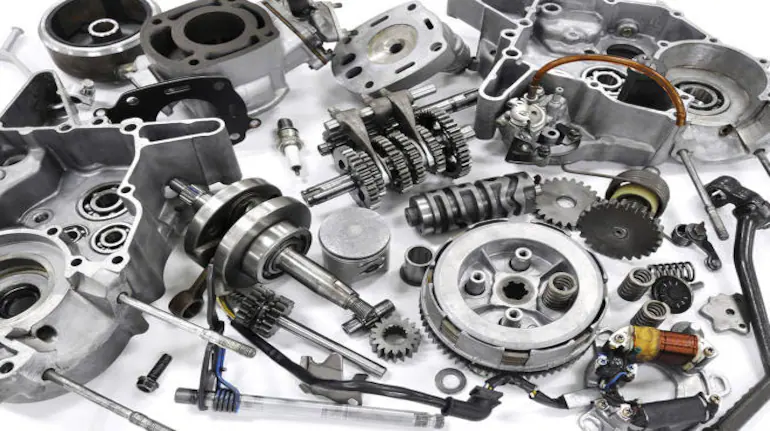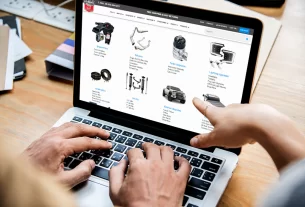
How to Find the Best Auto Parts and Supplies
Auto parts are vital for keeping your car running efficiently, but finding them can be challenging. Some shops won’t carry what you need right away while others might offer to order it for you but may take too long.
Some shops use codes unique to your car in order to easily identify which parts you require. Sometimes you can also find these codes directly on parts themselves; though this might be hard to see through grease and dirt build-up.
Cost
Before purchasing auto parts, obtaining an estimate can save time, money, and stress. With this information in hand before heading out to a shop can help make more informed decisions on which parts and services are ideal for your vehicle as well as inquire about discounts or special offers to save even more on purchases.
Many thousands of independent companies produce and sell automobile parts. Some specialize in specific sets, while others provide full lines of replacement parts across makes and models. Each firm competes against each other for customers by offering different prices and quality options – giving the consumer many different choices to choose from.
New parts are shipped using truck transports and railroads; air freight may also be necessary if time-sensitive parts need to be in the hands of dealerships immediately to keep an assembly line moving smoothly. Remanufactured or recycled parts typically come from salvage yards where they have been professionally rebuilt and refurbished so as to function like brand new components.
Quality
Auto parts are among the most essential elements in a vehicle, as they ensure its engine operates smoothly. Selecting replacement parts may seem daunting at first, but with enough information you can rest easy knowing your car is in safe hands. From new to rebuilt and recycled auto parts there are various methods of assessing their quality – you could consult an auto parts supplier’s website, ask an experienced mechanic or consult with an Auto parts specialist.
A great auto parts supplier should offer a wide selection of auto parts at competitive pricing, as well as keep most parts in stock, which saves both time and money. A reliable supplier should have excellent customer service – they should be able to answer all of your queries and offer excellent advice while training their staff to become parts experts.
Safety
Auto parts and supplies pose numerous safety hazards, from hot metal components to batteries containing sulfuric acid that corrodes skin, while certain liquids could present fire or health hazards. Furthermore, vehicle weight or handling tools could increase injury risk; to avoid these dangers it’s vital that proper safety protocols are followed.
Automobile parts must conform to both functional safety standards and stringent government regulations, with the National Highway Traffic Safety Administration (NHTSA) overseeing equipment deemed essential to motor vehicle operation, while aftermarket parts that affect emissions must comply with anti-tampering laws and undergo extensive testing to ensure they do not increase emissions significantly.
Parts stores can effectively mitigate their safety risks by stocking an ample supply of replacement parts, known as safety stock. This practice involves keeping enough extra parts on hand in case unexpected demand increases suddenly and sales delays occur as a result.
Reliability
Cars are one of the biggest investments that people make, so it’s vital that their reliability is assured. To do this, use high-quality components sourced from dependable electronics component distributors who offer wide selections of parts with warranties available; this helps mitigate against costly repairs and maintenance bills.
Manufacturers need a number of quality analysis tools in order to guarantee the reliability of auto parts, such as FMEA, RBD, ALT, Weibull RCM and maintainability prediction. These analytical methods help find and remove possible weaknesses in vehicle design while quantifying reliability processes during operation – this allows engineers to make informed decisions regarding reliability when purchasing new cars and systems (particularly complex functions like driver assistance systems or night vision) while simultaneously decreasing failure rates and associated costs.







